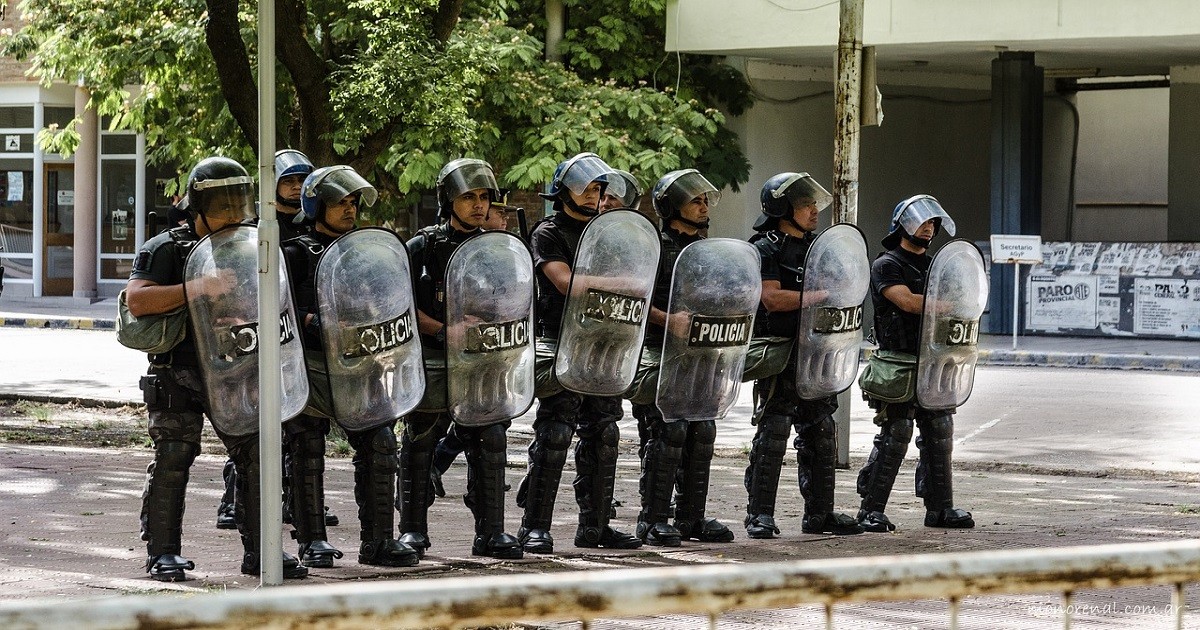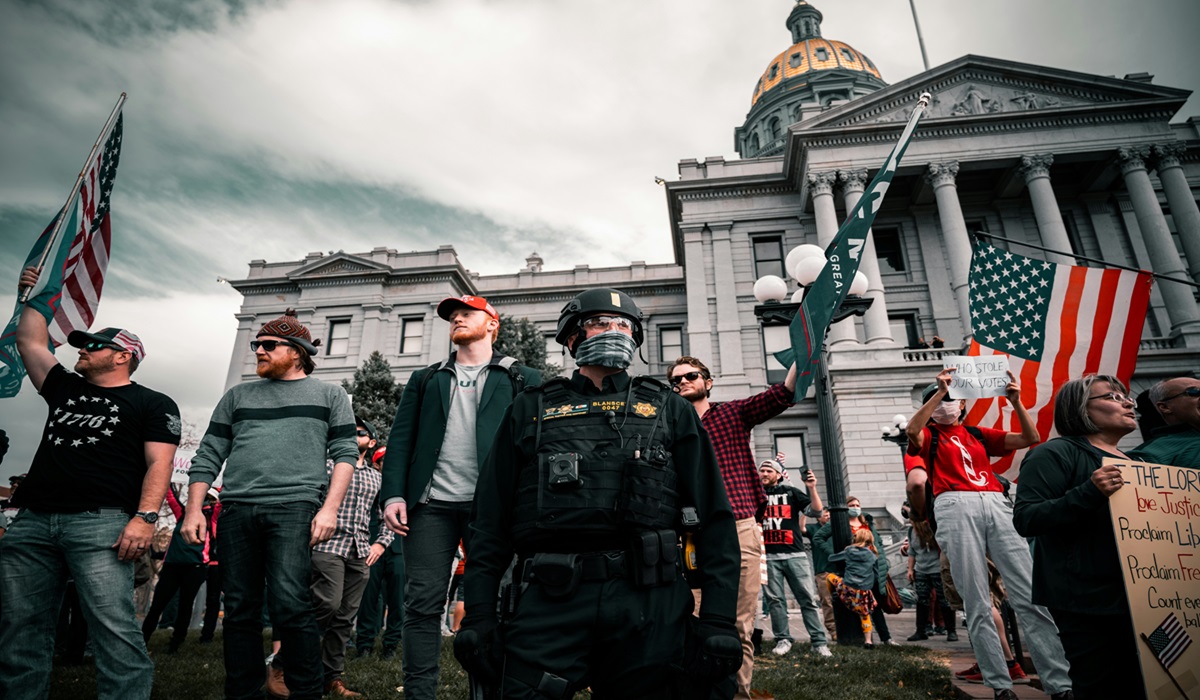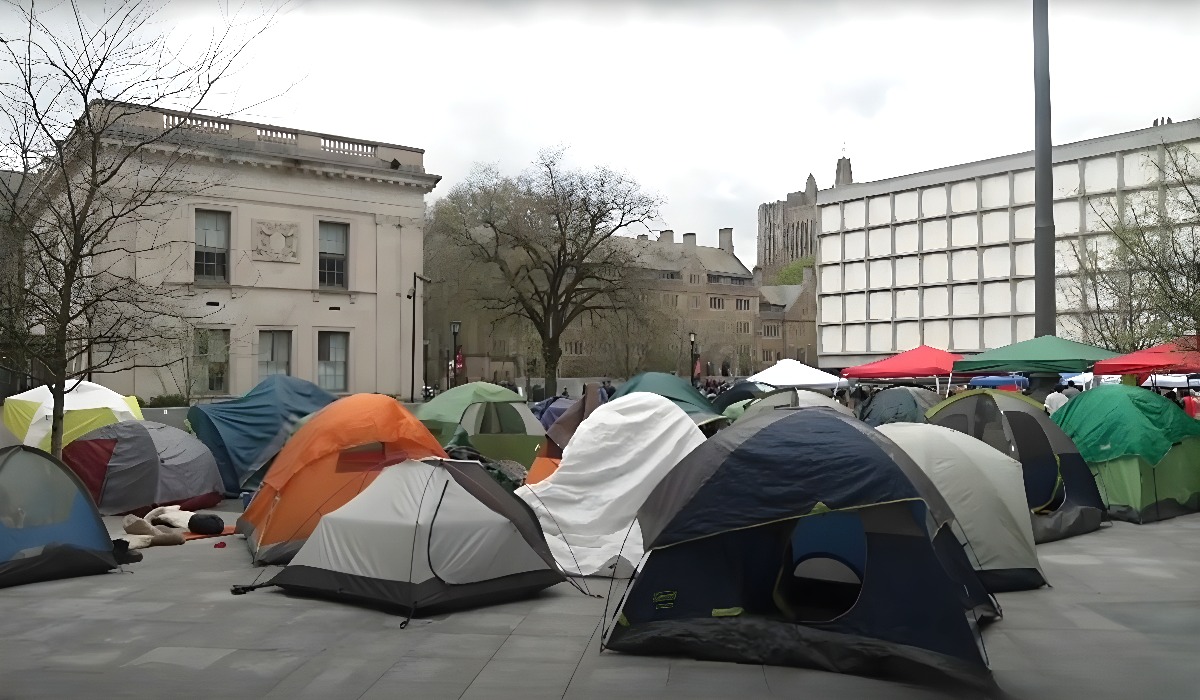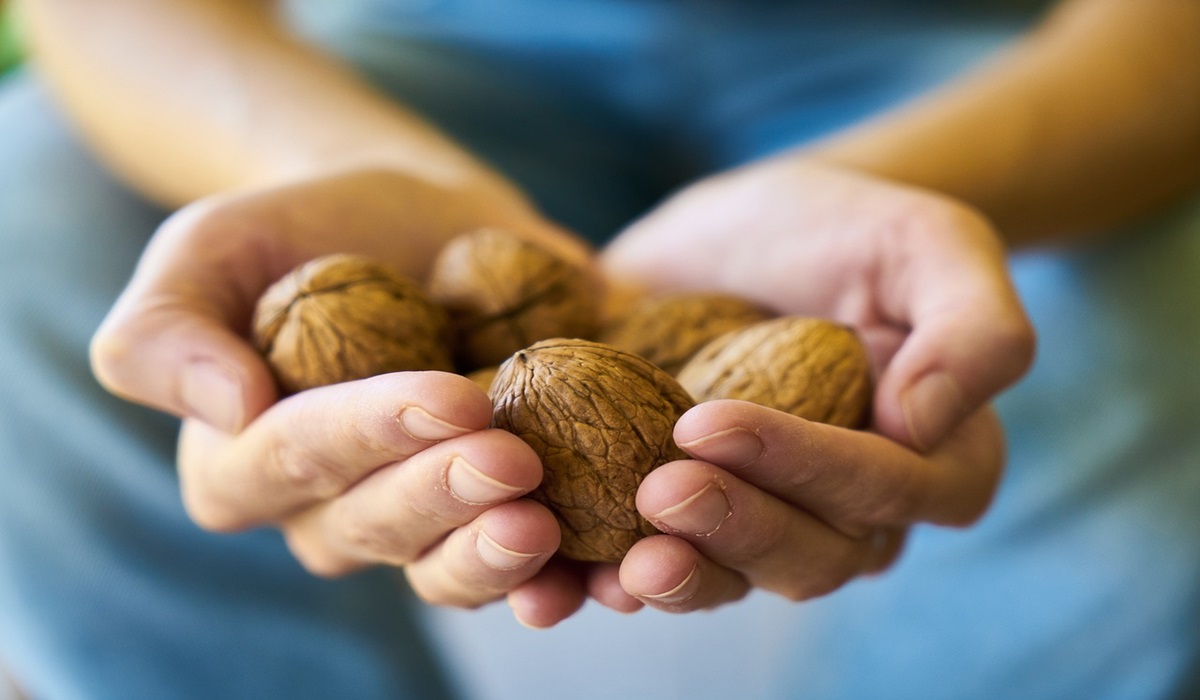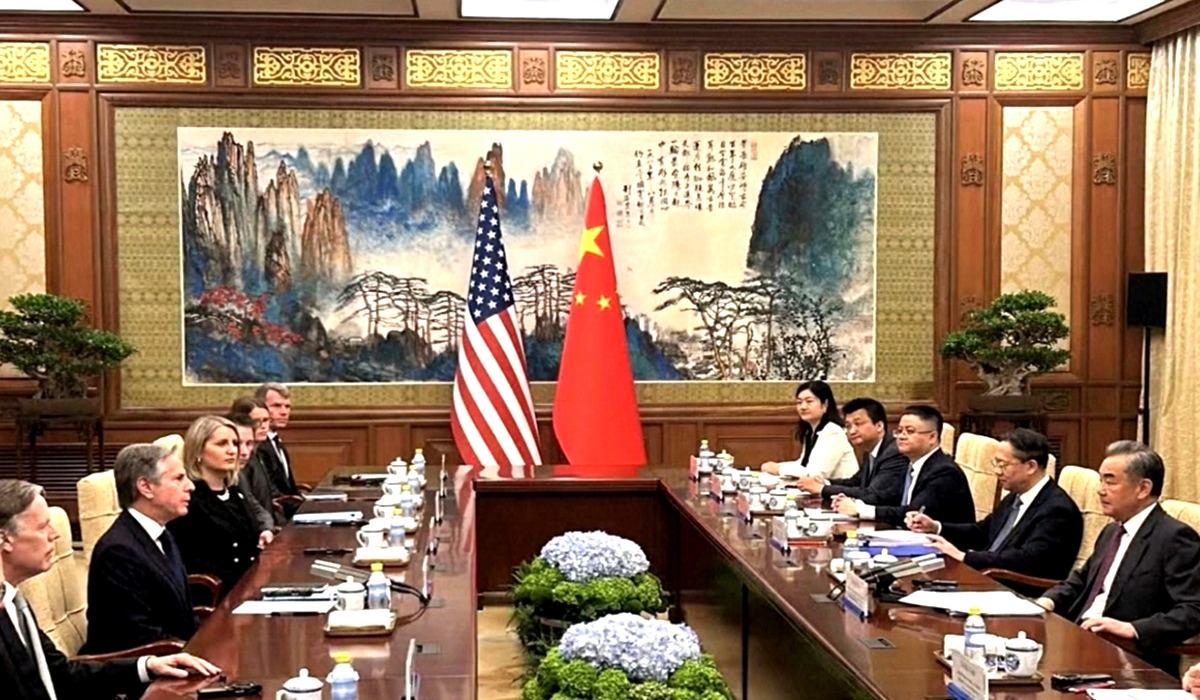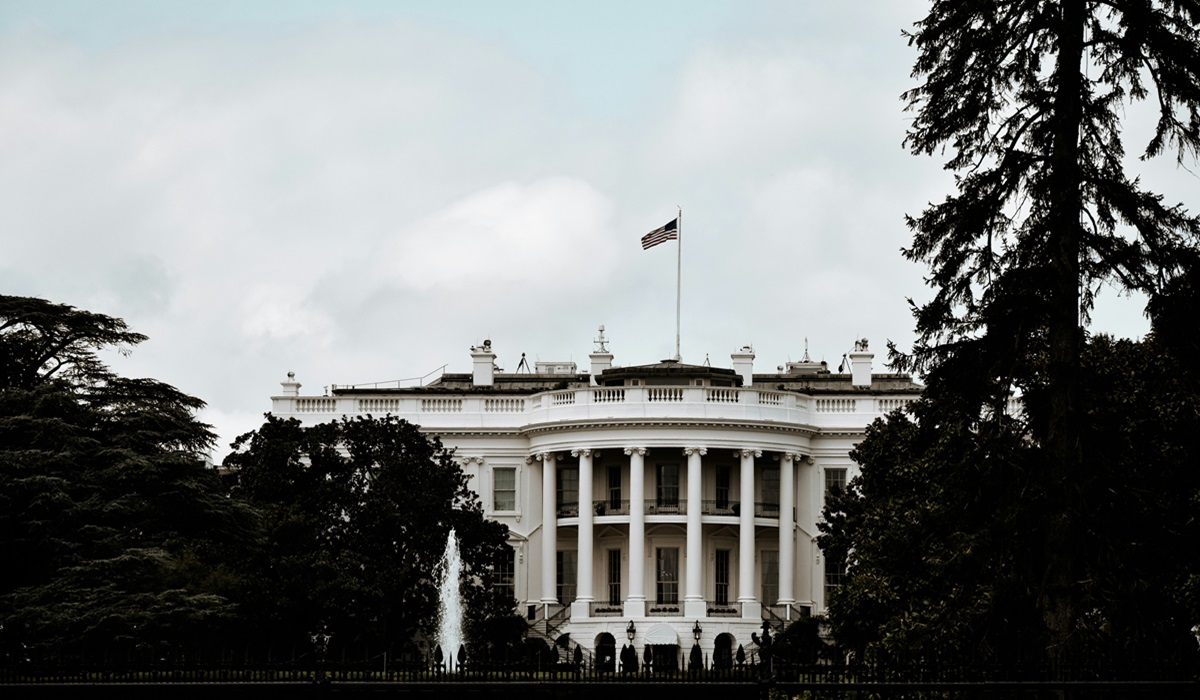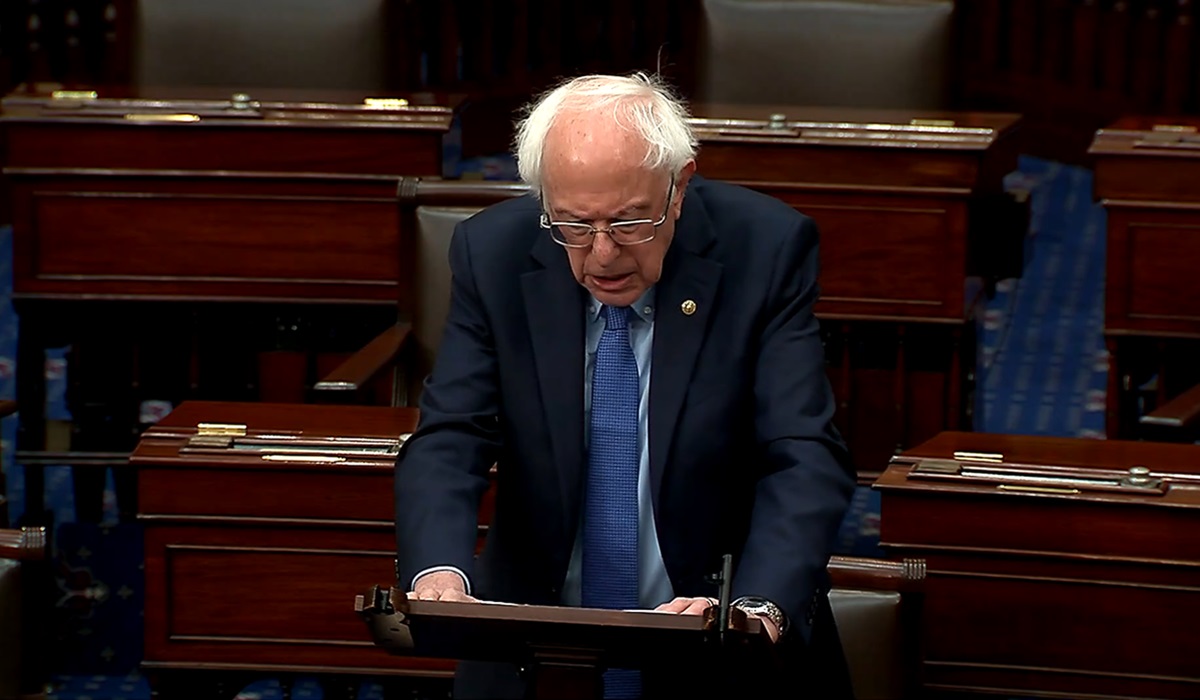With COVID-19 cases at a record high, and efforts to respond to a food shortage seemingly non-existent, tens of thousands of protesters flood the streets of Havana and other Cuban cities.
By Donovan Martin Jr.
Sunday, July 11, 2021, thousands of anti-government protesters took to the streets, livid about food and medicine shortages, along with record COVID-19 cases. Cuba is suffering from their worst economic depression in decades. Protesters lined the streets in Havana and other major cities chanting “we want liberty” and “down with the dictatorship.” Yet their demonstrations were met with a relentless police force. To censor the protesters’ message, mobile internet was disabled in parts of Cuba. Furthermore, some social media applications were shut down. Now, police presence is immense across the country.
While protesters and the United States blame their lack of essential materials on the incompetence of the Cuban government, the Caribbean island blames the American embargo. The embargo against Cuba prevents American businesses, and businesses with commercial activities in the United States, from conducting trade with Cuban interests. The embargo costs America $1.2 billion annually and Cuba $753 billion.
Relations between the United States and Cuba have been tense since the 1960s, but under the Obama administration, the future was looking bright. In 2015, both the United States and Cuban embassies reopened. In 2016, commercial flights between the two countries started up again for the first time in 50 years. He further loosened the restrictions of the embargo for he believed that they “do not help the Cuban people—they only enrich the Cuban regime.” Many of his actions were soon negated under the Trump presidency; travel bans were instituted and more sanctions were implemented.
The United States President Joe Biden said he stands firmly with the Cuban protesters, saying it’s their universal diplomatic right to protest. His press secretary, Jen Psaki, went on to say,
“There’s every indication that yesterday’s [Sunday’s] protests were spontaneous expressions of people who are exhausted with the Cuban government’s economic mismanagement and repression. And those — these are protests inspired by the harsh reality of everyday life in Cuba, not people in another country.”
The Cuban President Miguel Diaz-Canel condemned the United States in his response,
“Is it not very hypocritical and cynical that you block me, that you, who carry out a policy that violates human rights of an entire people for more than 60 years, intensify it in the midst of a situation as complex as the pandemic, and you want to present yourself as the big saviour? Lift the blockade. Lift the 243 measures, and we will see how we get along.”
It is unclear if this protest was an isolated occasion or the beginning of many. However, what remains evident is that the tensions between Cuban citizens, the Cuban government, and the United States government are on the rise.

